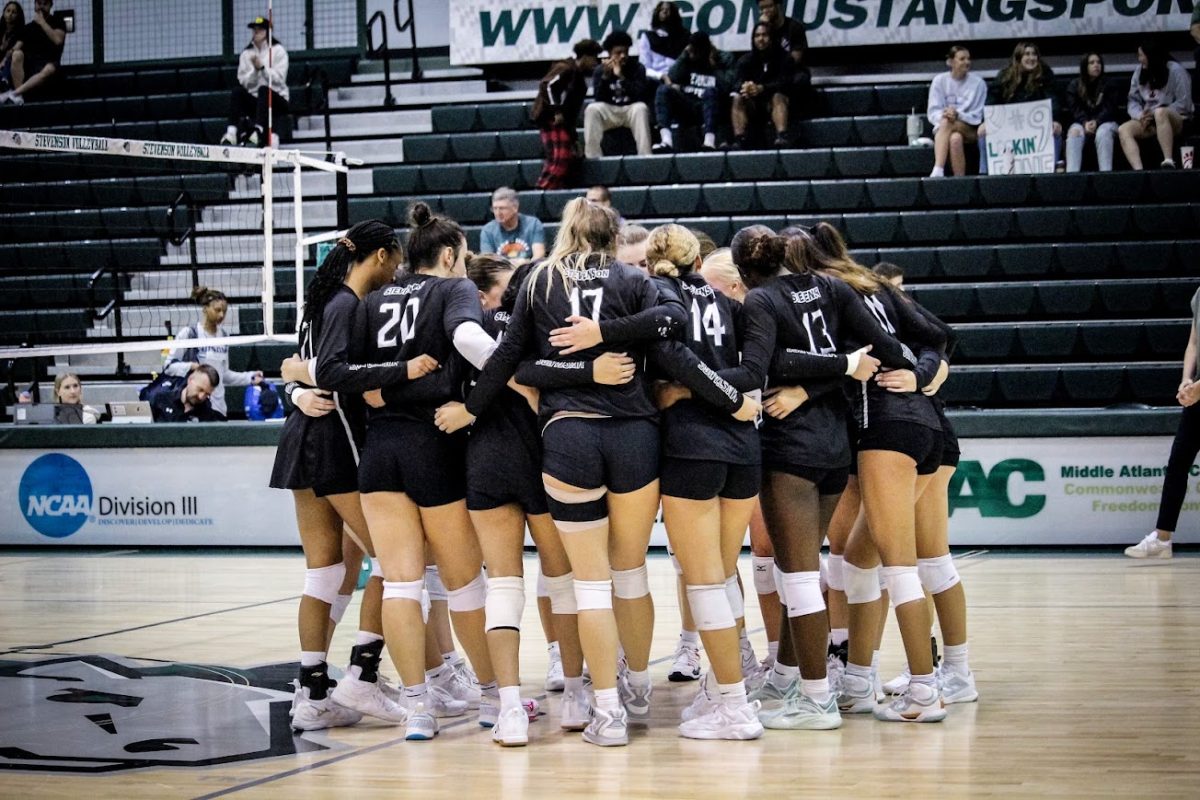The use of social media has become increasingly normalized throughout the past decade. With more individuals participating in a virtual world, researching how social media specifically affects one’s mental health is necessary for adaptation.
 According to the Pew Research Center, 78 percent of Americans between the ages of 18 to 24 have Snapchat, 71 percent of whom check their accounts multiple times throughout the day. Considering how much time is being spent on social media, the effects of these apps on mental health is becoming a popular research topic.
According to the Pew Research Center, 78 percent of Americans between the ages of 18 to 24 have Snapchat, 71 percent of whom check their accounts multiple times throughout the day. Considering how much time is being spent on social media, the effects of these apps on mental health is becoming a popular research topic.
In a poll taken of participating Stevenson University students, results showed that checking social media platforms immediately after waking up is extremely common. One student said that she spends “anywhere between ten minutes to one hour in the morning checking social media.” Another participant claimed that he checks his phone “way too many times to count” within one day.
A 2015 TIME magazine article noted that young adults between the ages of 18 to 24 check their phones 74 times per day on average. The study also revealed that most turn to the comfort of their phones when they are alone. Participants checked their phones either to cope with a feeling of aloneness or to eliminate boredom. Researchers have hypothesized that humans believe they look less alone when there is a screen in front of their faces.
While social media allows users to feel connected to the outside world, its immediate effects are isolating. Studying this newly found method of isolation is key to understanding modern issues of mental health in the average person.
According to an article titled “Social Media Use and Depression and Anxiety Symptoms: A Cluster Analysis” by Ariel Shensa, the isolation that comes with social media usage is something that should be noted. The study showed that participants who were considered to be heavily “connected” to social media experienced elevated levels of depression and anxiety symptoms. Those who were considered to be disconnected from social media, however, experienced significantly fewer symptoms of depression and anxiety.
Researchers have started linking consistent social media usage with symptoms of mental illnesses. Constantly responding to notifications and staying tuned into a virtual world, external from the physical present, is proven to add stress to users’ lives. To quote Oscar Wilde, “Life is not complex. We are complex. Life is simple, and the simple thing is the right thing.” By being aware of one’s own social media usage, it is possible to keep the inevitable and unavoidable complexity of human beings separated from the possibility of simplicity within life itself.































































